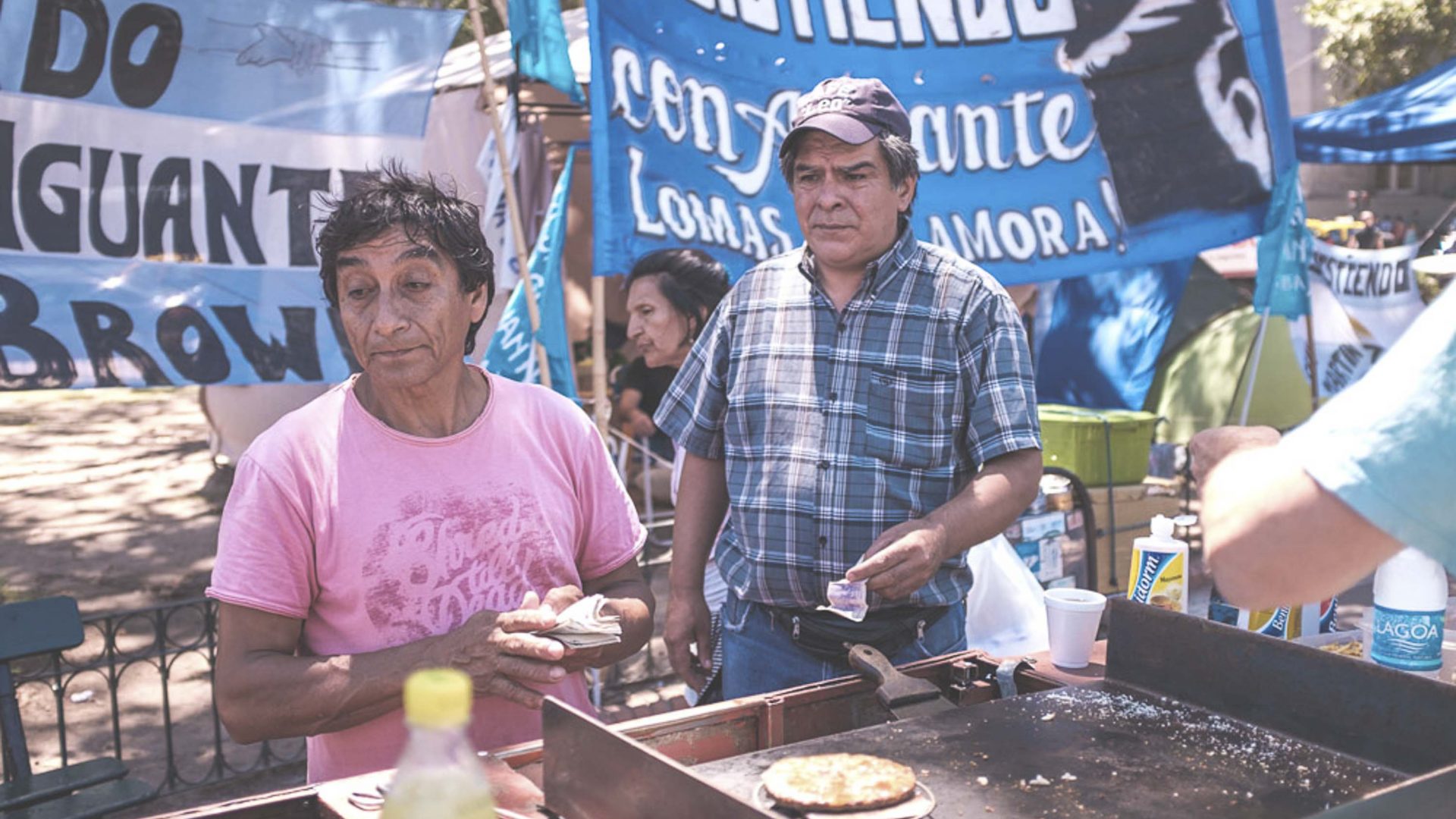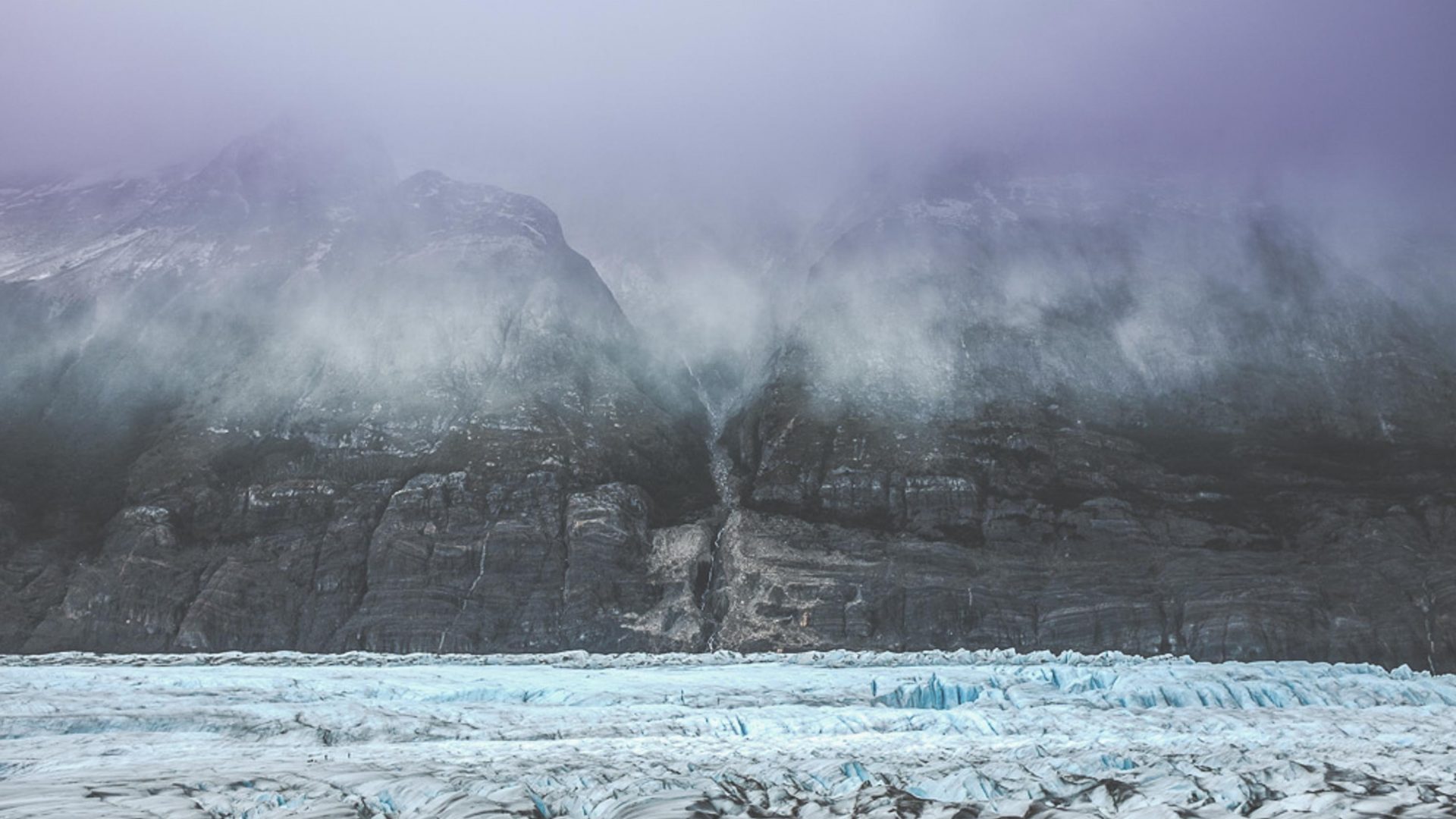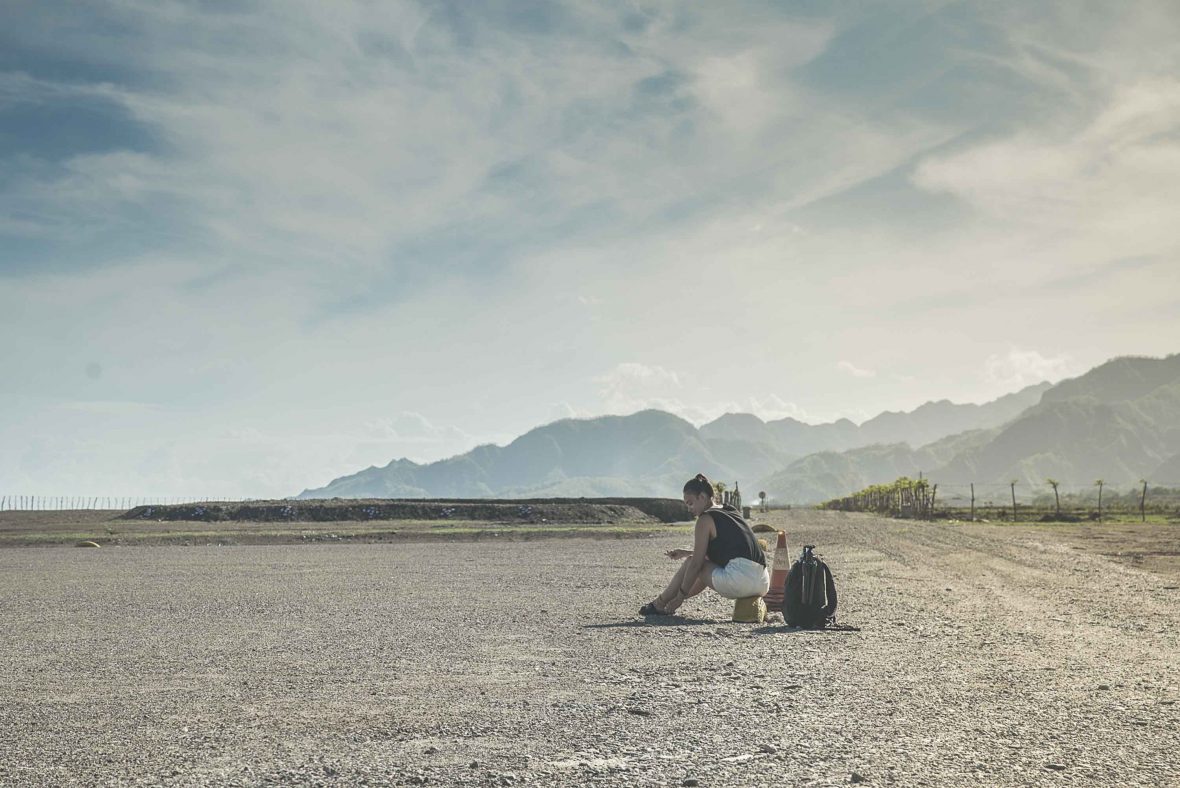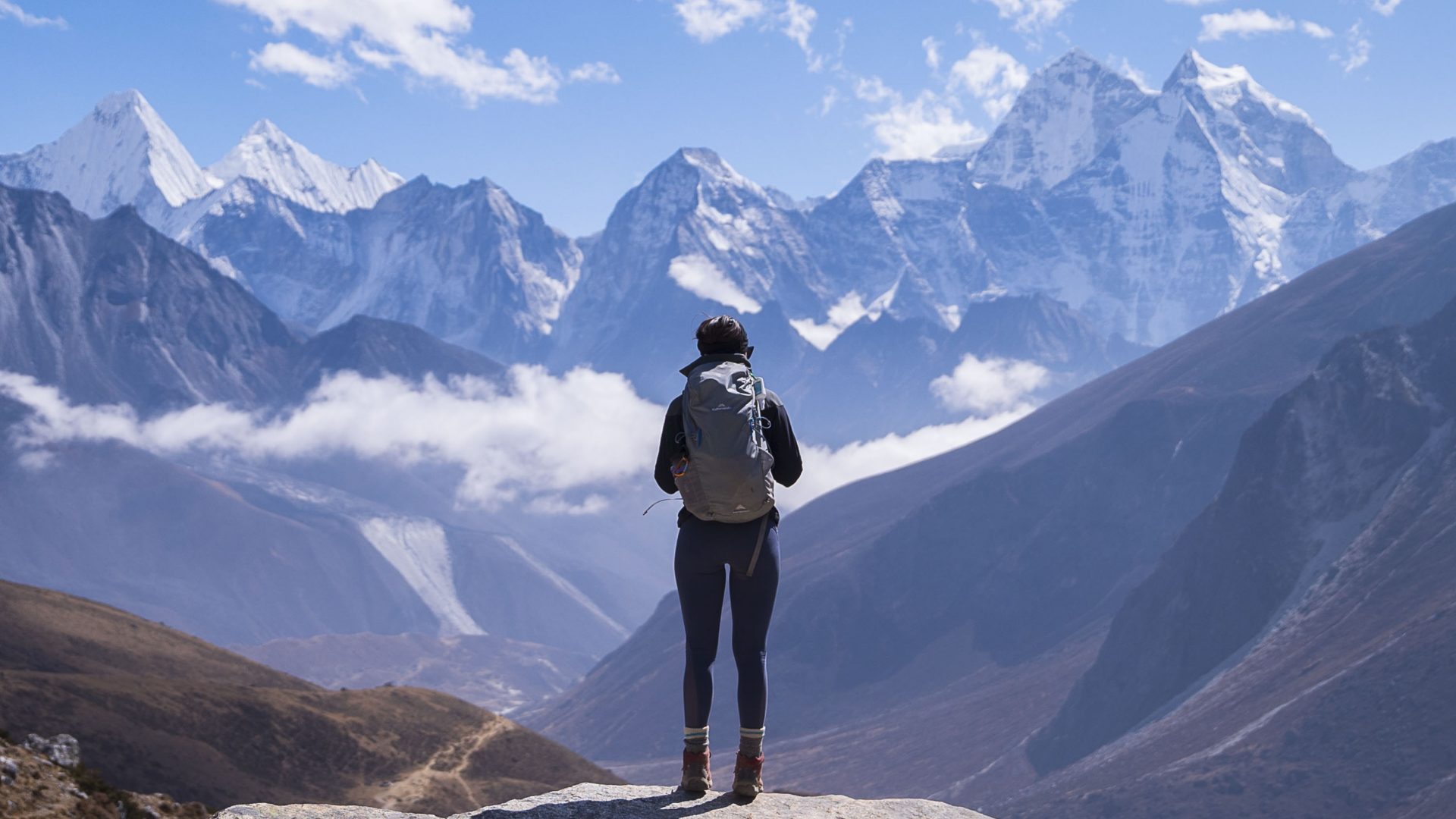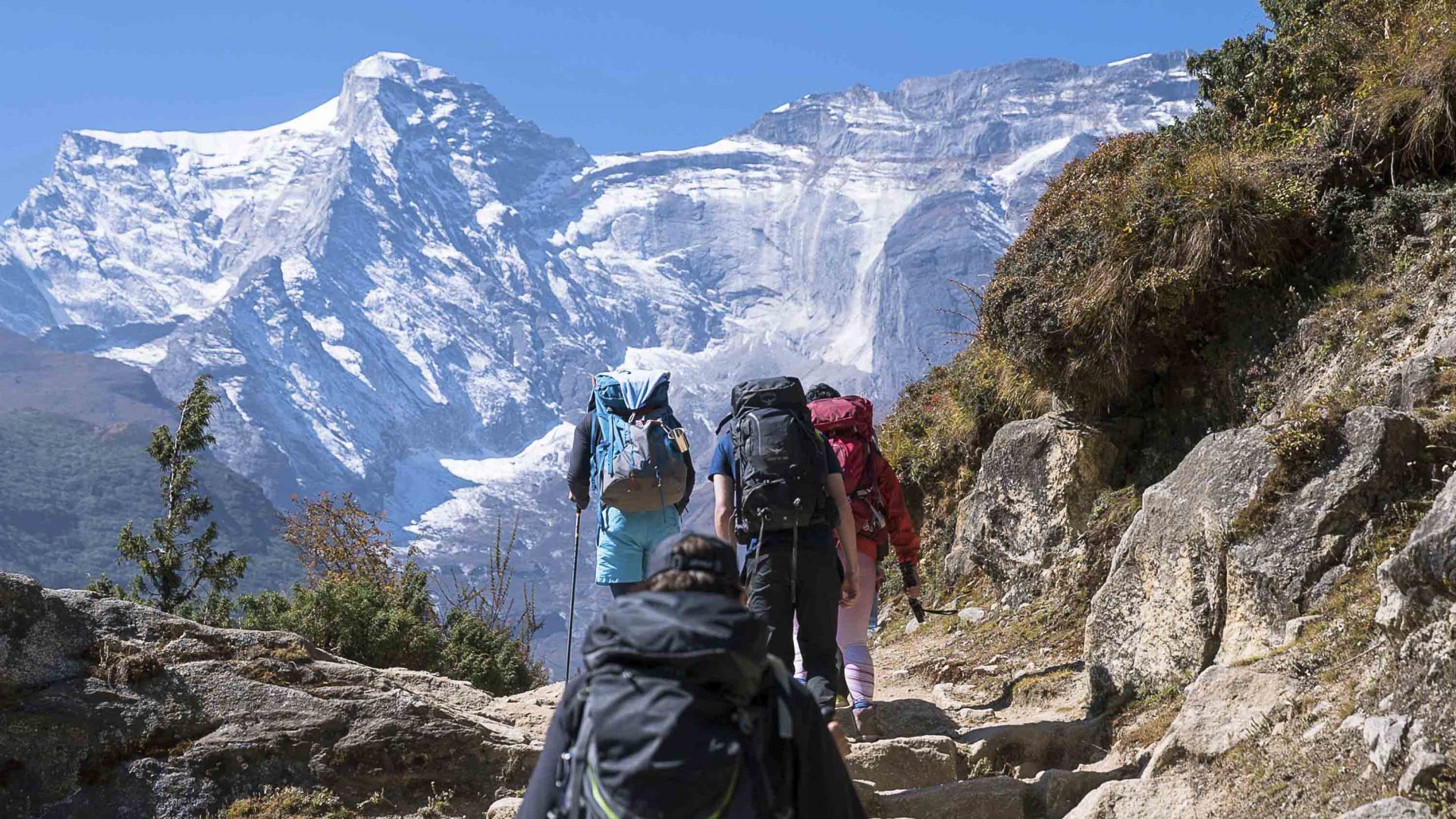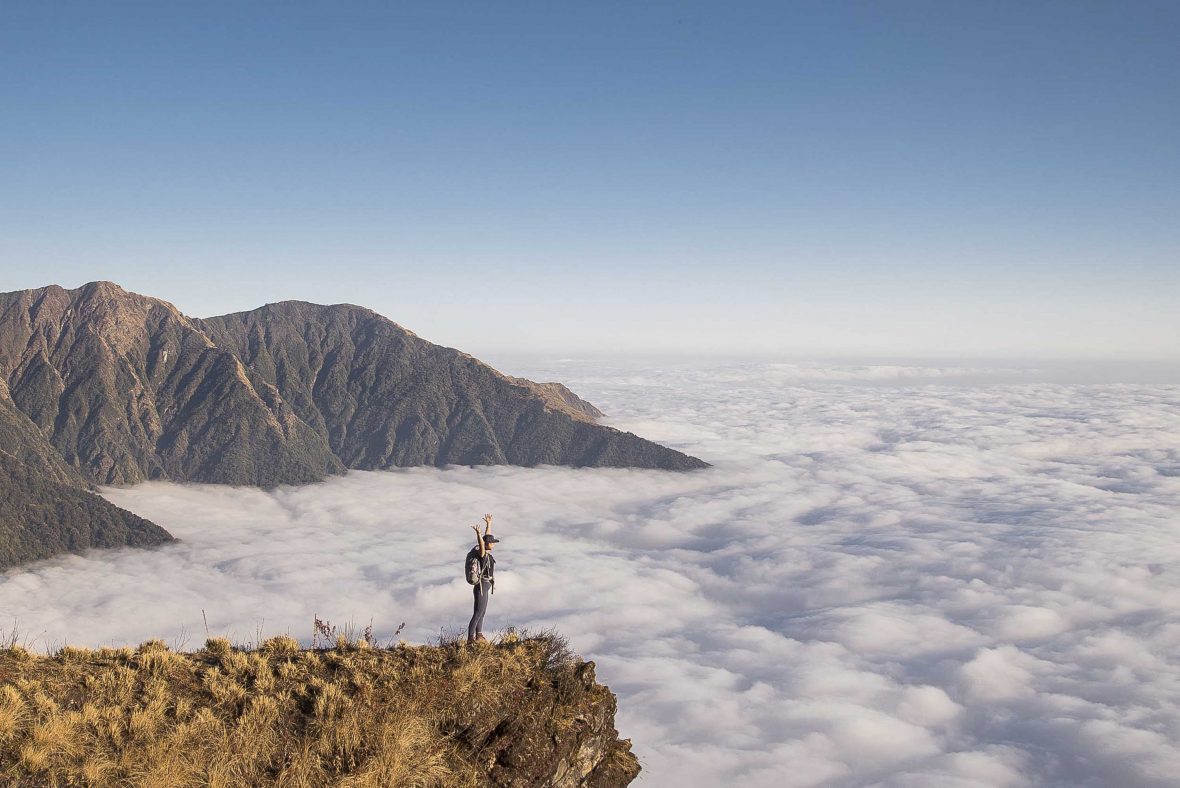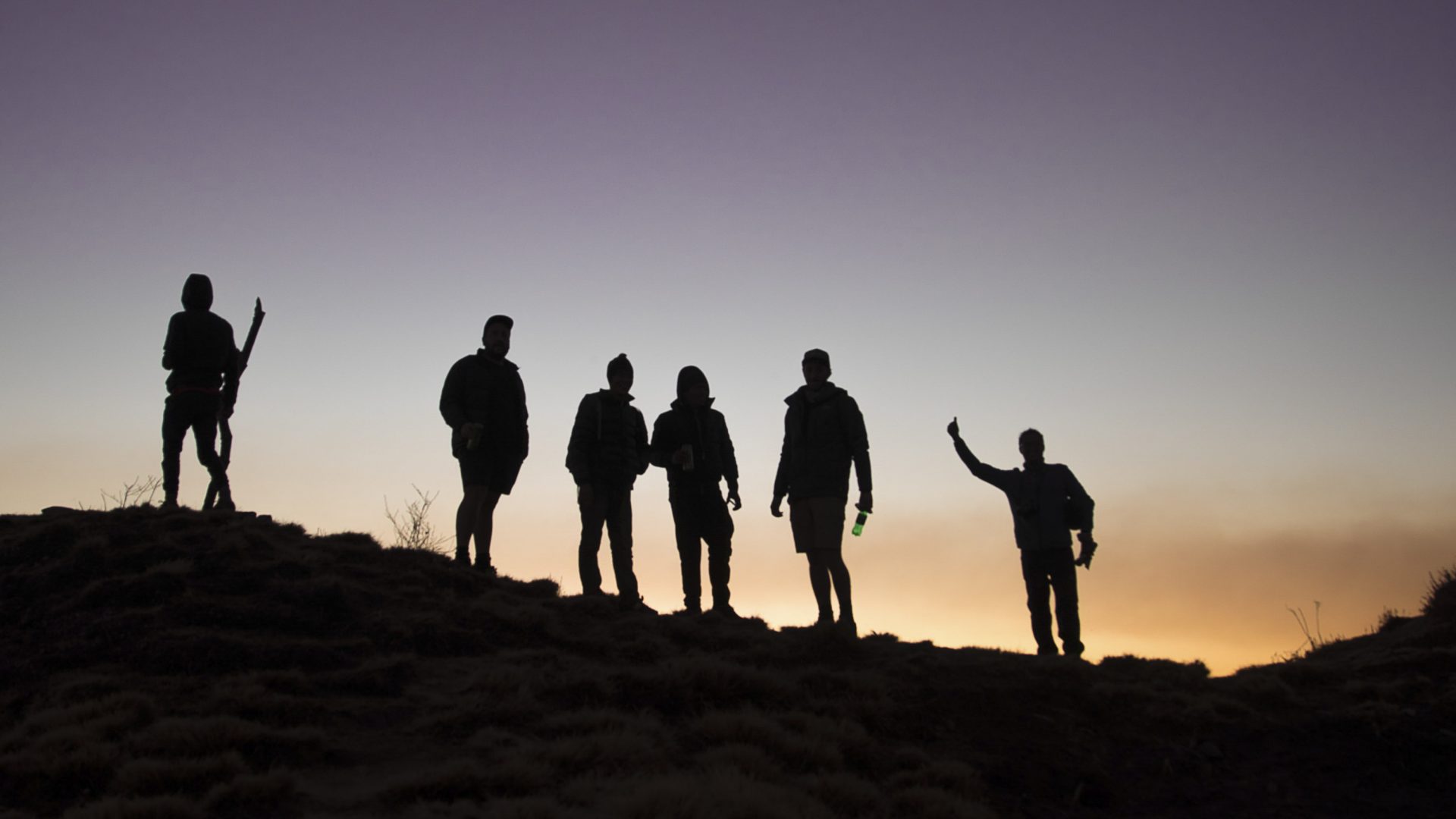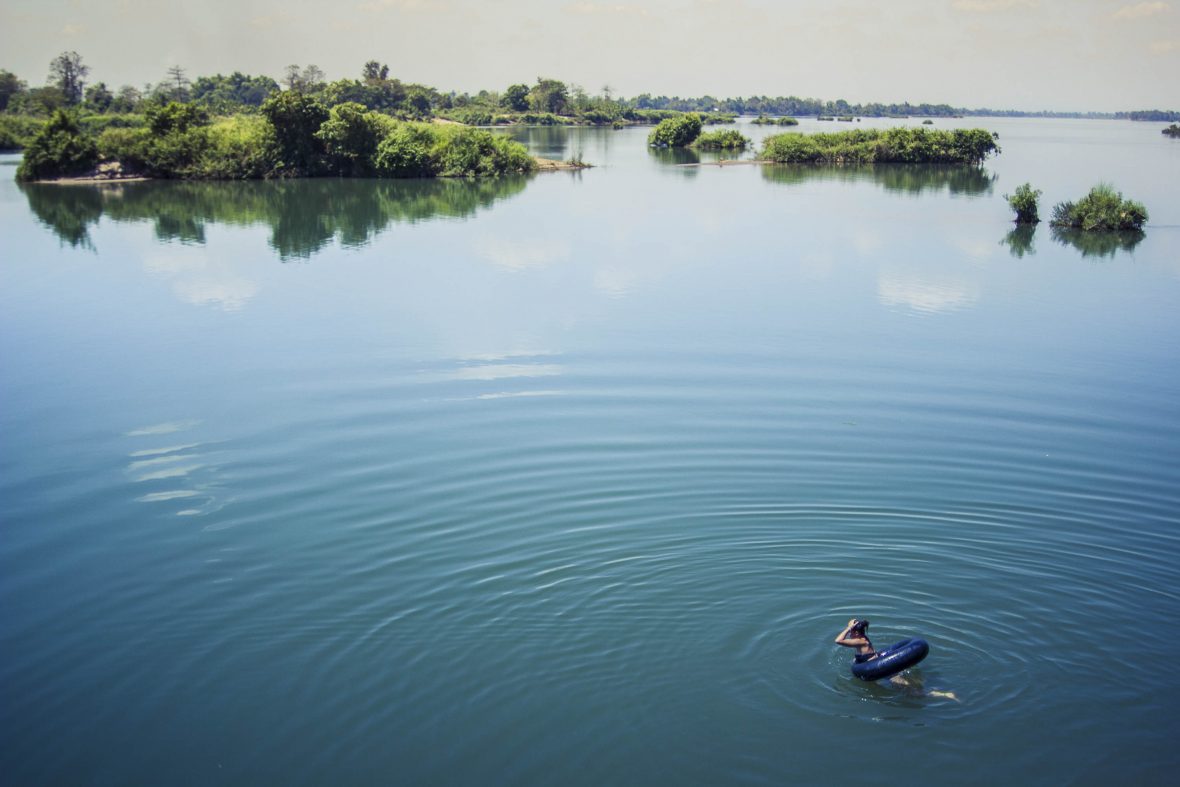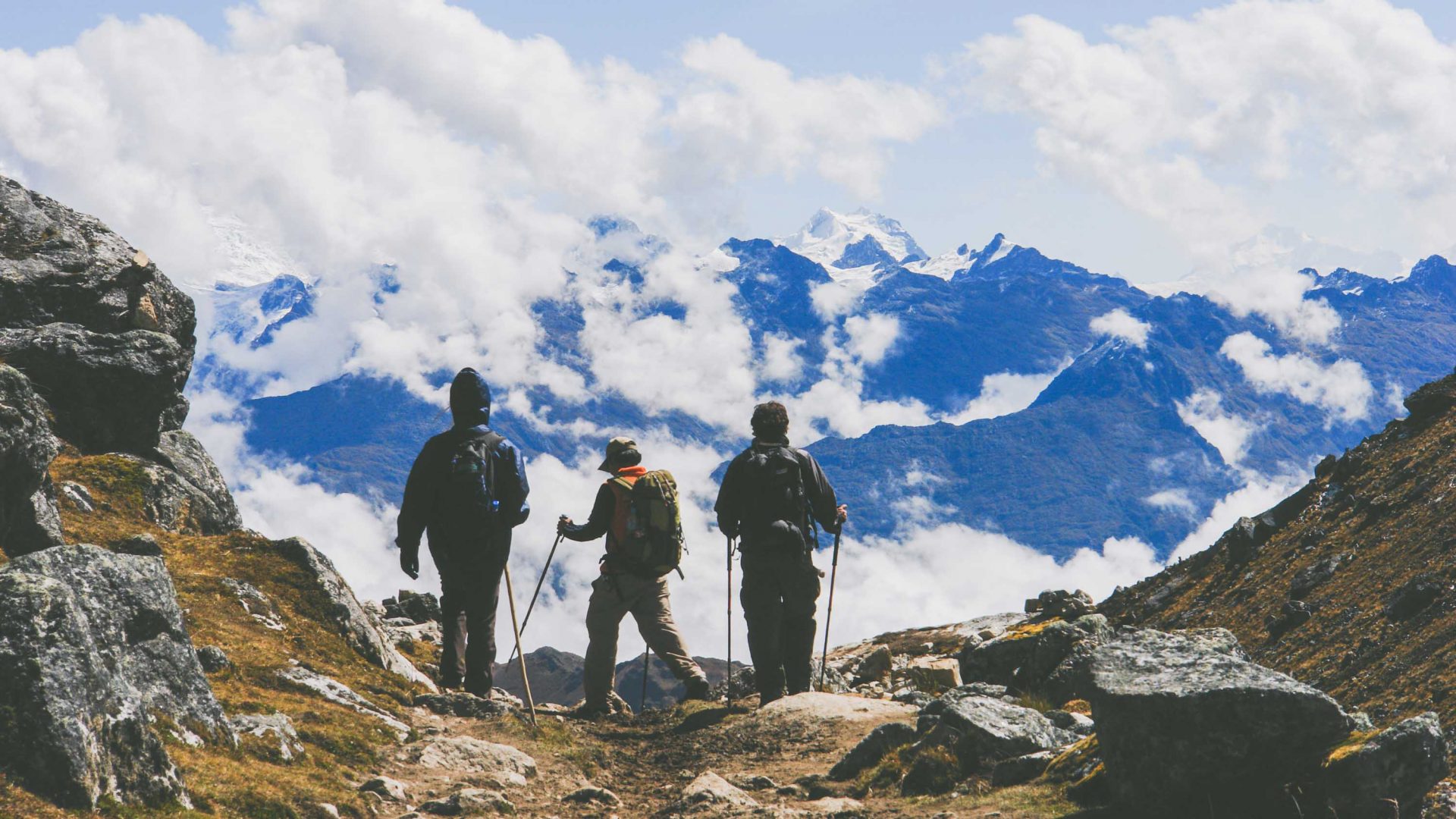Similarly, Buddhism teaches us that suffering (whether it’s fear, grief or the pain of losing half a toe to a foreign fish) is not only an inescapable part of human existence but it can open us up to new, enlightened states of being.
Psychology, however, is less rooted in the existential and more concerned with what is happening neurologically and physiologically when we experience ‘a worst trip ever’. According to Megan Sinclair, a provisional psychologist specializing in trauma, the reason some of us love ‘bad’ travel can be attributed to how we create and store memories.
“When we experience a negative event, we often ruminate on it, which strengthens the neural pathways in our brains,” she says. “The more we think about it, the stronger the neural connection grows, and the easier it is to retrieve our memories.”
“In fact,” Megan continues, “our amygdala—which is basically our emotional processing center—uses two thirds of its neurons for negative experiences and only a third for positive ones.”
So if you remember a bad batch of Cambodian carbonara more clearly, and more tenderly, than witnessing the sunrise over Angkor Wat—now you know why. Your neural pathways are designed that way.
But does that mean we’re hardwired for negativity?




